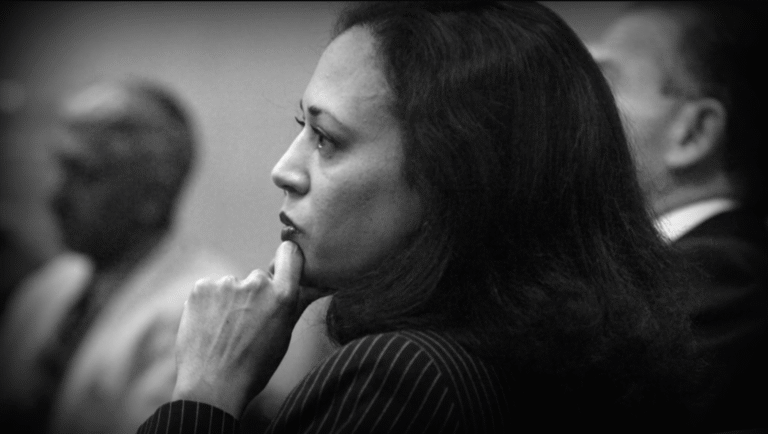The Challenges of Kamala Harris’s Early Tenure as District Attorney
In 2004, just months after taking office as the district attorney of San Francisco, Kamala Harris confronted a significant crisis that tested her values and political stance. The tragic killing of police officer Isaac Espinoza marked the first such incident in years, heightening tensions within the community and law enforcement.
A Painful Incident
Officer Espinoza lost his life due to gunfire from a 21-year-old armed with an AK-47. Debbie Mesloh, a staff member in the DA’s office at the time, reflected on the emotional toll: “There was a lot of pain… It was a very difficult chapter.” As a former prosecutor, Harris felt the impact acutely, resonating with the struggles of law enforcement.
The Decision Against the Death Penalty
In the wake of this tragedy, Harris faced a pivotal decision that would define her early career. Despite public pressure to pursue the death penalty for Espinoza’s alleged murderer, Harris remained true to her campaign promise: she would seek life imprisonment without the possibility of parole instead.
“It is the will, I believe, of a majority of people that the most severe crimes be met with the most severe consequences, and that life without the possibility of parole is a severe consequence,” Harris stated, demonstrating her commitment to her beliefs in the face of adversity.
Backlash and Consequences
Harris’s stance resulted in significant backlash from the police community, with officers reportedly turning their backs on her when she entered the Hall of Justice. Gil Duran, a former senior advisor for Harris, noted the intense pressure she faced to opt for a more politically favorable outcome. San Francisco’s police chief and various unions expressed strong opposition to her decision, adding to the existing tension.
During the funeral of Officer Espinoza, Senator Dianne Feinstein publicly criticized Harris’s choice, noting that it should have been a death penalty case. The applause from uniformed officers in the church during her remarks illustrated the division Harris’s decision had created.
A Turning Point
The repercussions of the Espinoza case significantly influenced Harris’s approach to her duties. Following the incident, she shifted her tactics, forging stronger collaborations with law enforcement and striving for improved conviction rates. This gradual change also reflected a newfound cautiousness in her political maneuvering, as noted by observers of her career.
Scott Shafer from KQED described this transformation as a “life-changing moment” for Harris, prompting her to navigate the precarious balance between progressive ideals and the realities of law enforcement demands. Over the next decade, she adopted a more defensive posture towards law enforcement, which in turn drew criticism from some progressive factions within California.
Impact and Legacy
Ultimately, Harris’s early experiences as district attorney not only shaped her legal strategies but also her political identity. Observers noted a change in her approach to controversial decisions, adopting a more deliberative stance to avoid decisions that could potentially haunt her later.
For a deeper dive into the complexities of Kamala Harris’s political journey and the challenges she faced, the documentary The Choice 2024: Harris vs. Trump, available through various platforms, offers a comprehensive overview of her evolution as a leader.
Watch the Full Documentary
This production by FRONTLINE, directed by Michael Kirk, delves into critical moments that shaped Kamala Harris and Donald Trump as they pursue the presidency, featuring extensive interviews and in-depth analyses.
For further details, check the FRONTLINE website to access related interviews and information about the documentary series.



